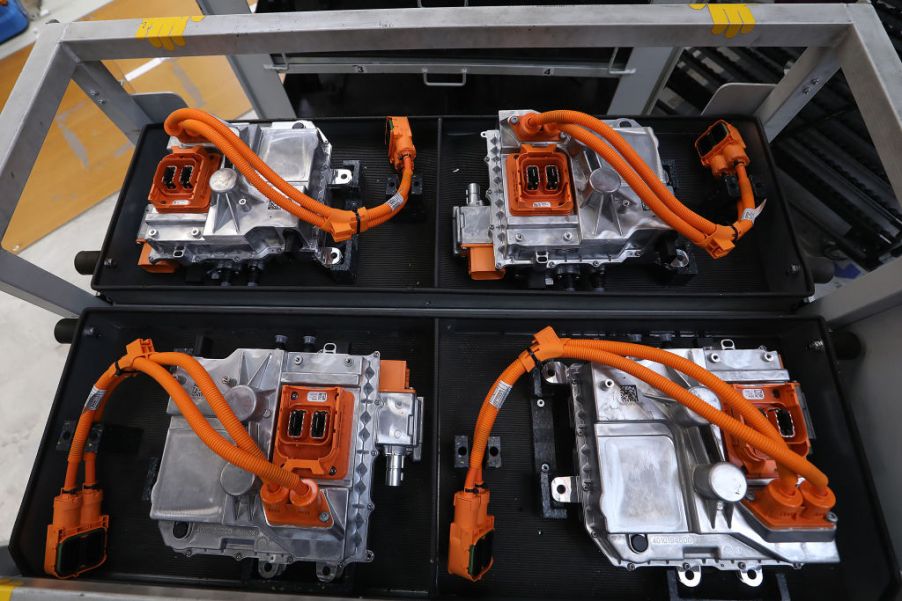
The Average Lifespan of an Electric Vehicle Battery
When deciding what car to buy, many hesitate when purchasing an electric vehicle. In fact, electric vehicles make up only 2% of auto sales. The top reasons AutoList survey participants cited for an aversion to buying an EV involves concerns about the misunderstood electric battery.
Most people are still unfamiliar with this new technology. One of the biggest questions consumers have regards electric cars’ reliability, the lifespan of an EV battery, and how it differs from a regular car battery.
Electric vehicle battery vs. regular battery
Electric vehicle battery
Most electric batteries are a type of lithium-ion battery, composed of lithium mixed with cobalt, nickel, manganese, and graphite. You’re likely familiar with lithium-ion tech as this is the same type of battery your cell phone and laptop use.
The chemical reaction between the elements — contained in connected individual cells — charges the battery pack, thereby powering the electric motor in the electric vehicle. Electric batteries are lighter than regular car batteries and can hold a charge longer.
Regular car battery
The average lifespan of a lead-acid 12V car battery is between three to five years. Many factors impact the lifespan of a regular car battery, including temperature extremes (hot or cold) and driving habits. The functioning of a lead-acid car battery depends on chemical reactions between the lead plates and the sulfuric acid solution in which they’re submerged.
Over time, evaporation from extreme heat can create inadequate chemical reactions leading to a weakened battery. Driving habits also play a role in the wear and tear of a battery. Frequent short trips don’t allow the alternator to fully charge the battery. This frequent draining impacts the battery’s performance and lifespan. Replacing a car battery is considered normal vehicle maintenance.
What’s the average lifespan of an electric vehicle battery?
All car batteries, electric or lead-acid, have a lifespan. The lithium-ion battery capacity degrades with every cycle, or every full charge and discharge, explains Driving Electric. The good news is that this decrease in battery function happens gradually and should not be noticeable until your vehicle has aged.
Like a regular car battery, similar factors can impact the lifespan and performance of an EV battery. Hot outdoor temperatures or even overheating inside the battery can cause early degradation. Freezing cold temperatures can also slow down the chemical reactions within the battery, preventing it from reaching a full charge. Regularly draining the battery down to 5-10% will also cause it to wear out faster.
Even though electric batteries degrade over time, this can range from as little as 10% to 40% over the vehicle manufacturer’s warranty period according to Green Car Reports. The most common warranty ensures that your EV battery should function at 70% capacity after 100,000 miles or eight years.
UCS explains that some car manufacturers even provide additional coverage. For example, Nissan offers an additional five years or 60,000 miles. For states that adopt California emissions warranty coverage periods, manufacturers can extend their battery coverage to 10 years.
Replacing an electric vehicle battery is expensive but also unusual. Car manufacturers are aware of this, therefore willing to offer these very extensive warranties that guarantee an optimally functioning battery during the lifespan of your car.


